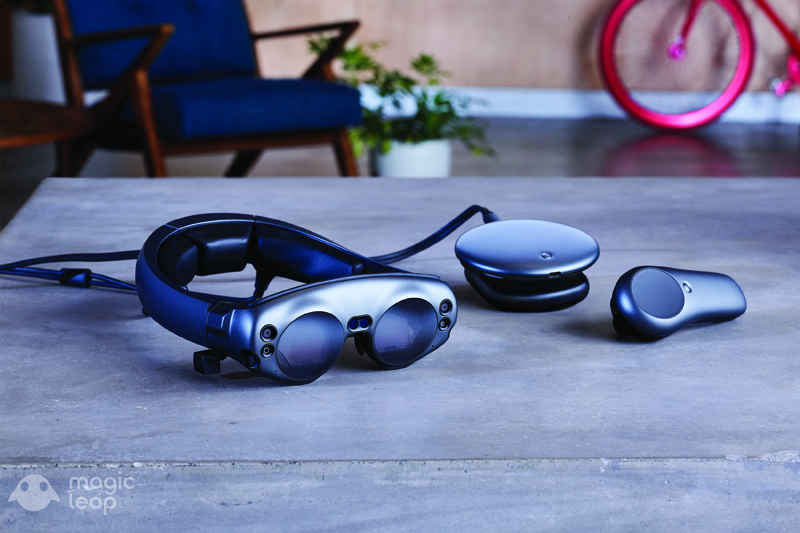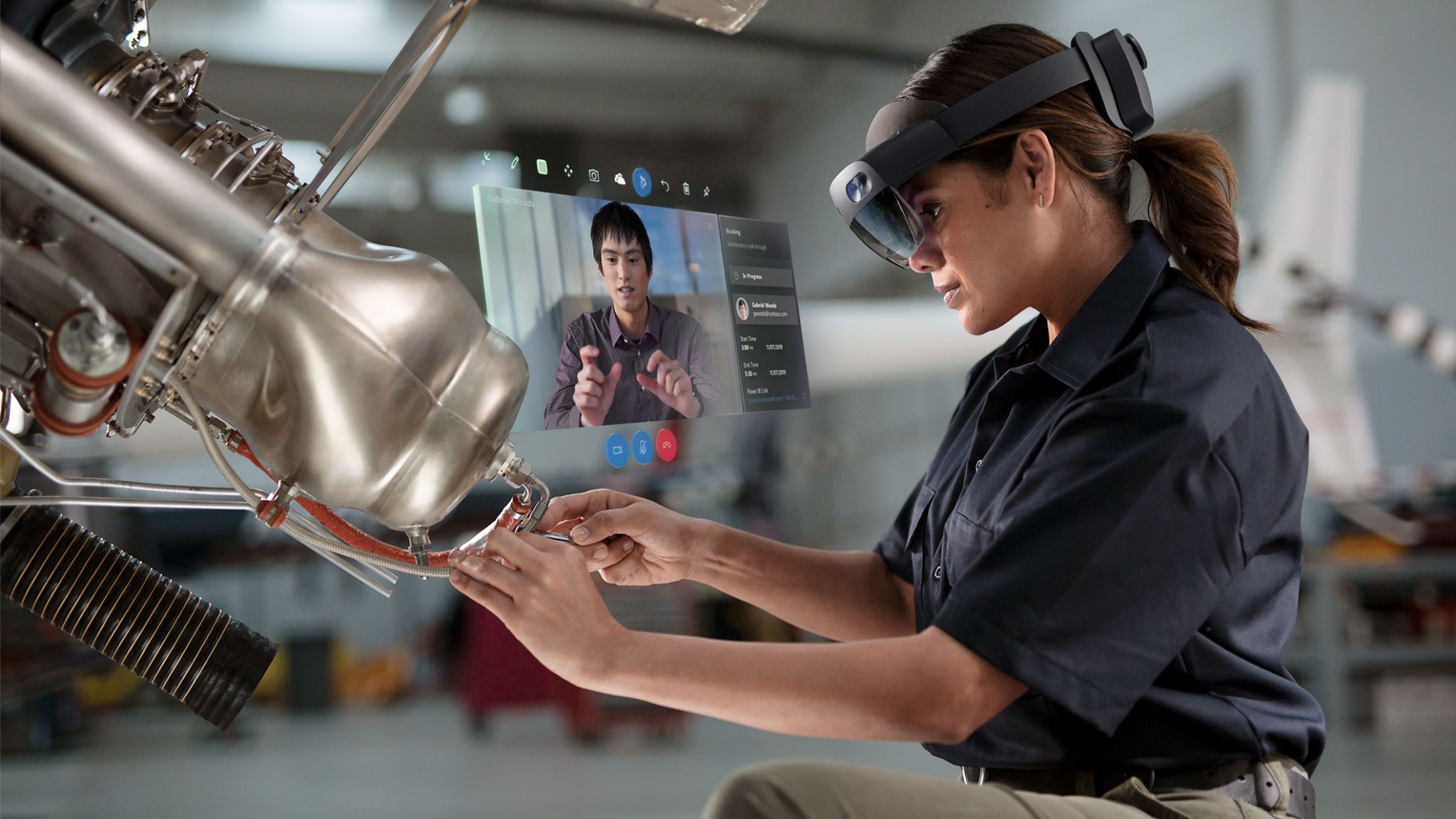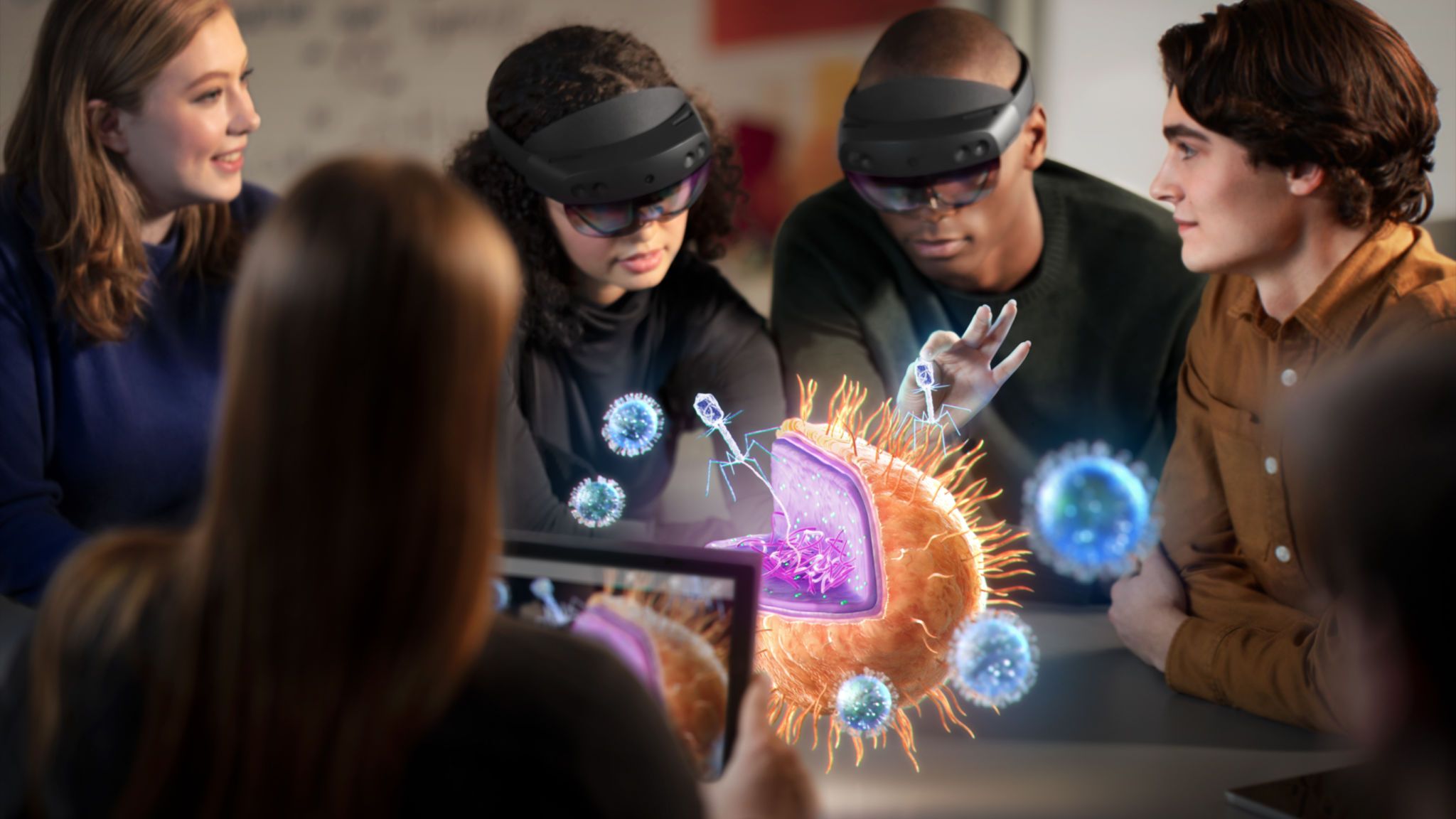MWC 2019: Magic Leap Takes AR Headset To South Korea In SK Telecom Deal

The deal gives start-up Magic Leap access to the South Korean market, which is expected to play a pioneering role in 5G
Augmented reality (AR) company Magic Leap has sealed its first distribution deal outside the US, and is to work with SK Telecom to launch its headset in South Korea.
The move was announced at Mobile World Congress 2019 in Barcelona, where competitor Microsoft unveiled the HoloLens 2, an update to its own AR headset.
The deal is start-up Magic Leap’s second, after a deal with AT&T last year, and both companies said it was aimed at using AR to advance the possibilities of 5G networks, which are set to launch this year.
Magic Leap has raised more than $2 billion (£1.5bn) from investors including Google, Alibaba and Saudi Arabia’s sovereign wealth fund, and launched a developer version of its headset last summer for $2,295.

Mixed reality
Amidst a bewildering array of virtual reality (VR), AR and mixed-reality headsets and smart glasses, Magic Leap’s device is often compared directly with Microsoft’s HoloLens due to similarities between the two companies’ approaches, with both mixing holograms with the user’s surroundings.
The approach differs from those of firms such as Facebook’s Oculus VR, in which the user interacts solely with an immersive 3D-generated world.
Both Magic Leap and Microsoft have touted the benefits 5G should have for their systems, enabling them to tap into remote computing power outside the range of Wi-Fi.
5G networks could, for instance, allow the systems to operate outdoors while remaining linked to high-powered cloud servers.

5G networks
At MWC Magic Leap said South Korea was a promising market because its early adoption of smartphones and 4G suggested possibilities for 5G as well.
The current Magic Leap One headset does not support 5G, but the company said future versions would use it.
In the meantime, operators such as SK Telecom are looking for applications that could stoke users’ interest in next-generation networks.
SK Telecom said it is also in talks with Niantic, best known for the mobile AR game Pokemon Go, about developing AR and VR content.
At a press briefing in Barcelona, SK Telecom chief executive Park Jung-ho said 5G would see AR glasses integrate with smartphones and laptops and eventually replace both, along with televisions.

‘Surreal era’
He said the advent of AR and 5G networks would bring in a “surreal era” that would see computer-generated imagery integrating with the real world.
Park said the deal will be exclusive for Magic Leap in South Korea and that future 5G headsets would allow the glasses to be used to shop and visit overseas museums.
He also said SK Telecom sees industrial uses for the headsets, including remote medical treatment, defence and education, over the next five to 10 years.
Microsoft has most recently been championing such industrial uses for HoloLens, although it has also talked up gaming and consumer uses for the headset in the past.
Magic Leap has so far focused on consumer and gaming uses for its devices.
Both Magic Leap and HoloLens require the user to carry a computing unit with them, with the unit being built into the HoloLens headset and carried via a shoulder strap in the case of Magic Leap.
Most industry watchers see the VR and AR fields as being in their early stages, and Magic Leap acknowleged this at MWC.
CCS Insight analyst Ben Wood said on Twitter that the “numerous” AR, VR and smart glasses products on display at the conference, in addition to a Qualcomm AR reference design, showed “slow but steady progress in this area at present”.